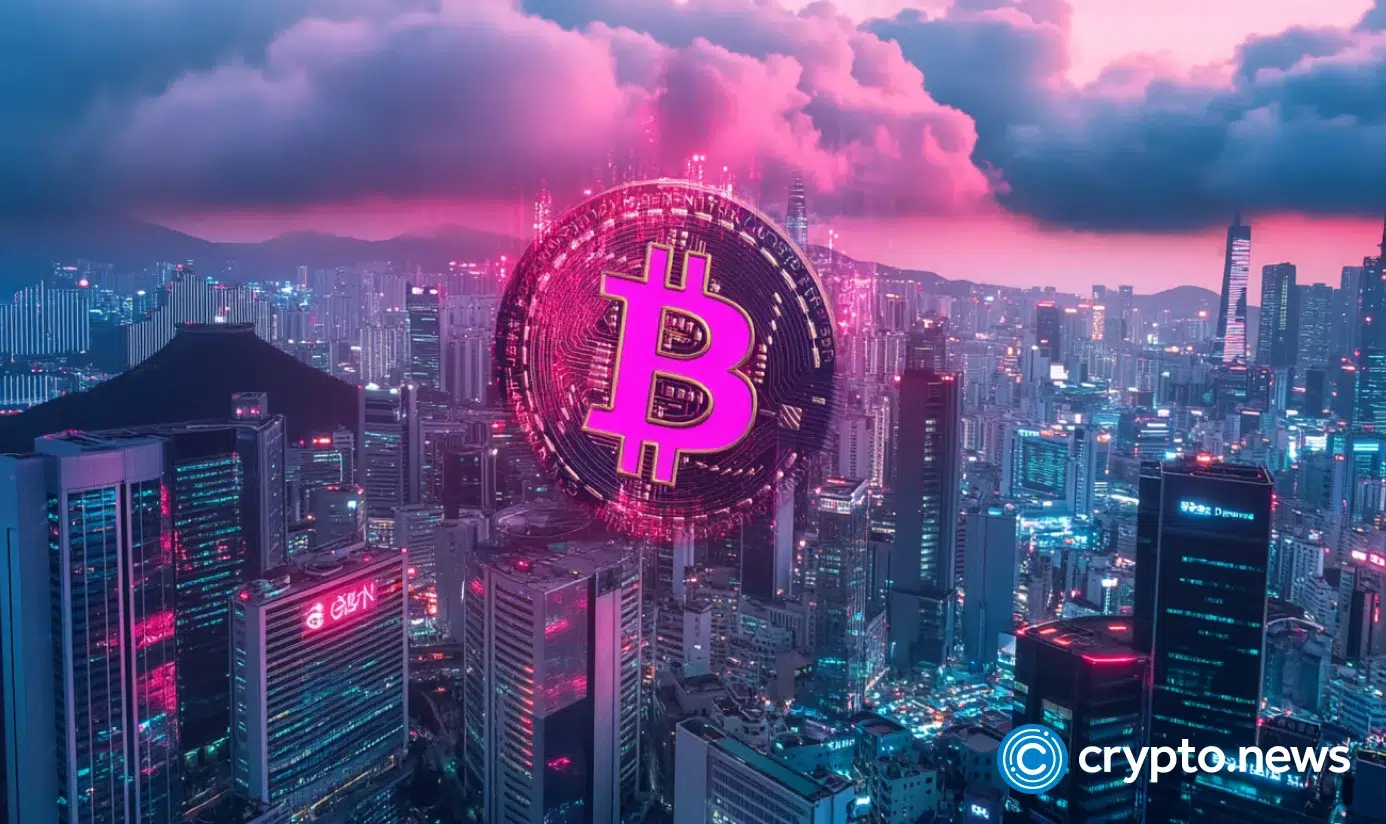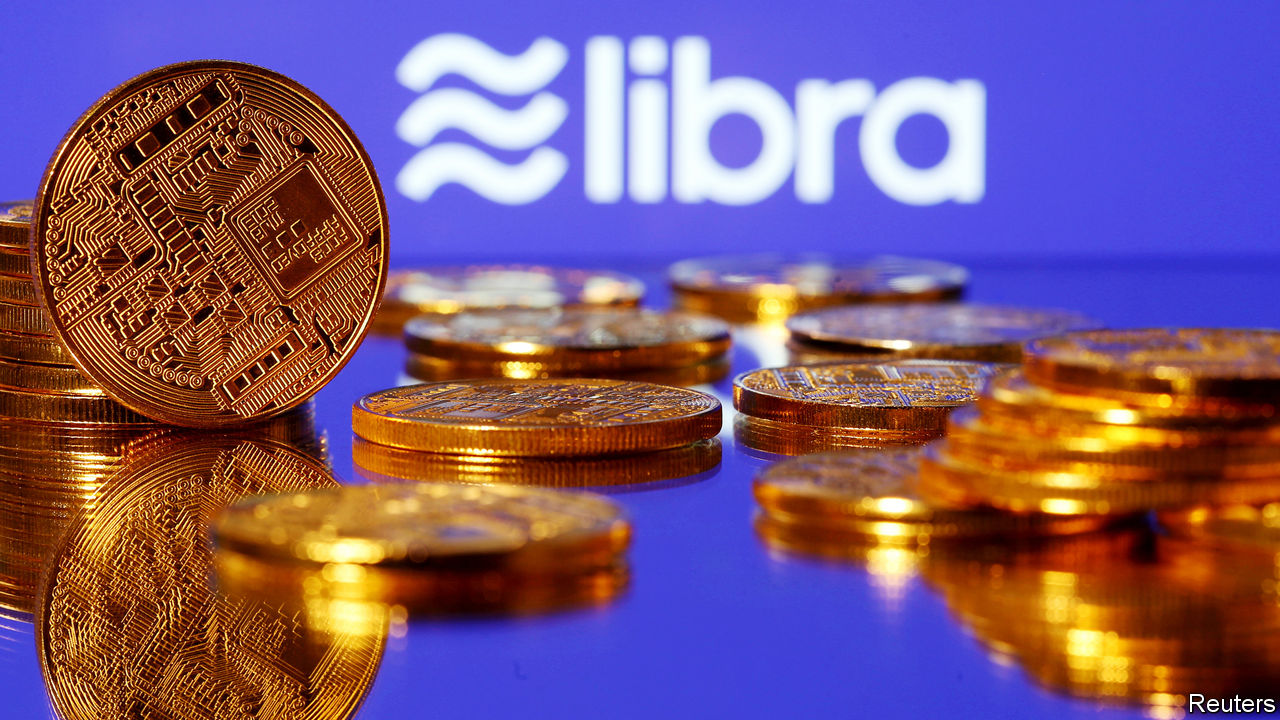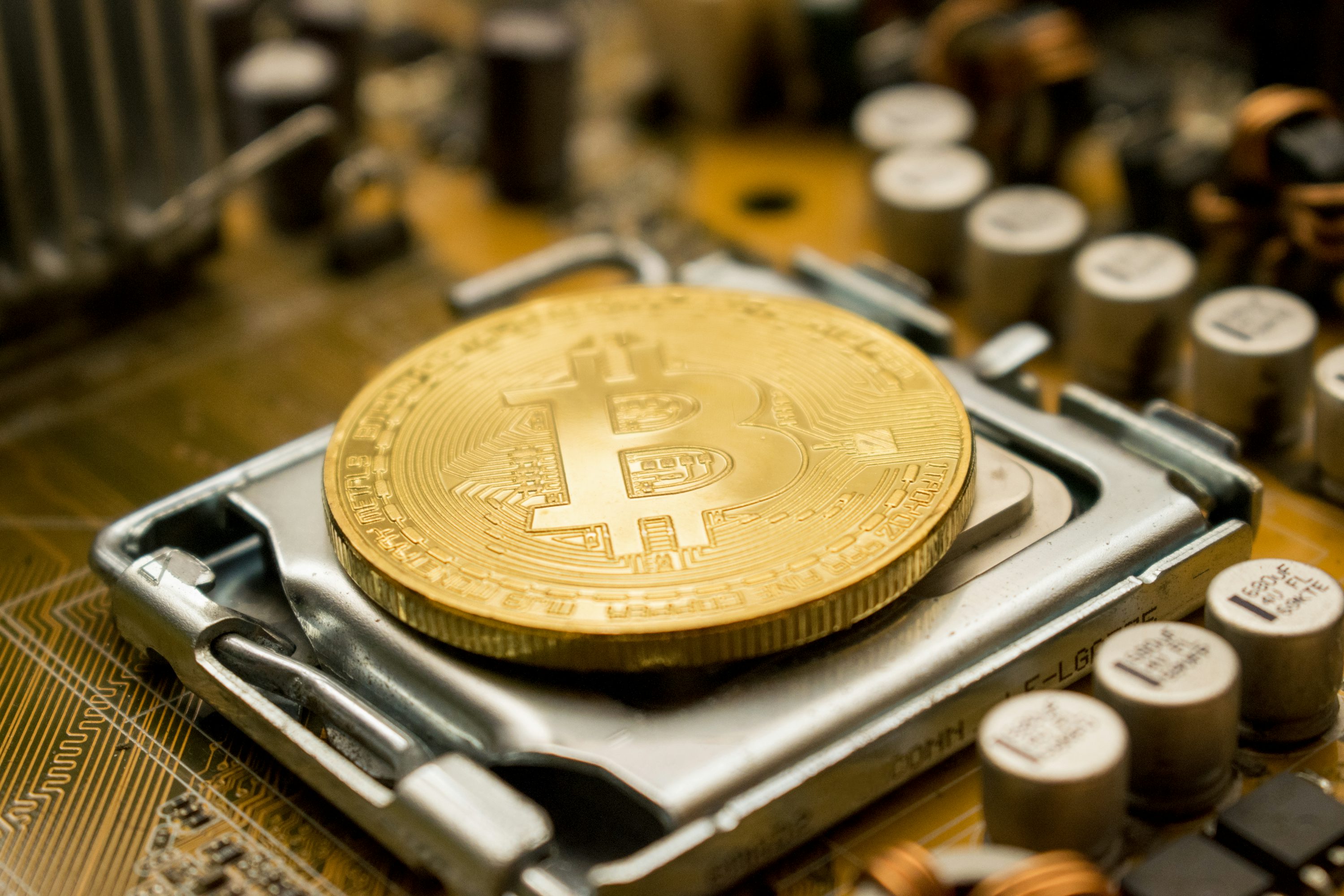The Philippines’ Securities and Exchange Commission (SEC) has issued a warning about online platforms offering digital asset services without the required registration. These platforms continue to target Filipino users in violation of newly implemented rules.
The warning follows the July 5 effectivity of SEC Memorandum Circular Nos. 4 and 5, otherwise known as the Crypto Asset Service Provider (CASP) Rules and Guidelines. These require any person or entity that offers, promotes, or facilitates access to digital asset trading venues or intermediation services—such as buying, selling, or derivatives trading—to register with the SEC.
In its latest advisory, the SEC named 10 platforms currently accessible in the country without proper licensing: OKX, Bybit, MEXC, Kucoin, Bitget, Phemex, Coinex, Bitmart, Poloniex, and Kraken.
“These platforms have no license, registration, or authorization from the SEC to operate in the Philippines or to solicit investments from the public,” the agency said. “Their actions are unauthorized and expose Filipino investors to significant risk, including: a) Total loss of funds b) No legal recourse c) Exposure to fraud, market manipulation, and identity theft.”
Bitget responds to inclusion in advisory
Among the platforms named, Bitget acknowledged the Philippine SEC’s advisory but maintained that the issue pertains strictly to local registration formalities, not the integrity or functionality of its global operations.
“Bitget acknowledges the Philippine SEC’s advisory and is actively assessing the details,” Hon Ng, Chief Legal Officer at Bitget, said in response to Coingeek. “Importantly, this advisory relates solely to registration formalities in the Philippines and does not reflect the safety or stability of Bitget’s global operations. Users continue to access all platform services, including trading, deposits, and withdrawals without disruption. Your funds remain secure and under our Proof of Reserves.”
The company added that it is actively pursuing regulatory approvals in various jurisdictions and is open to entering a formal dialogue with the SEC.
“We remain committed to securing licenses in markets we operate in,” Ng added. “We have obtained VASP and other licenses in Argentina, Georgia, Dubai, and El Salvador this year alone. We are seeking to exponentially increase our global footprint and will actively evaluate markets such as the Philippines and will pursue appropriate authorisation in dialogue with regulators. Our priority remains to deliver secure, uninterrupted services to users as we advance this model.”
Potential for fraud, market abuse, and identity theft
The SEC emphasized the risks posed by engaging with these platforms, noting that users are left without legal protection if their assets are lost or stolen. These unregistered services also leave investors vulnerable to market manipulation and scams.
The regulator pointed out that other platforms not named in the advisory but offering similar services without registration violate securities laws. “This list is not exhaustive,” the SEC noted. “Other platforms offering similar services to the Philippine public without registration or SEC approval are likewise considered to be operating in violation of Philippine securities laws.”
High risk for money laundering and terrorist financing
The SEC also warned that unregistered digital asset platforms may be used for illegal activities.
“Unregistered crypto-asset platforms may be exploited for money laundering and terrorist financing (ML/TF),” the advisory stated. Under Philippine law and the Anti-Money Laundering Act (AMLA), Virtual Asset Service Providers (VASPs) are considered covered persons and are required to implement strict controls, including customer due diligence, transaction reporting, and recordkeeping.
“Unregistered platforms often operate without effective AML systems, and are not subject to monitoring by Philippine regulators,” the SEC added. “This creates serious vulnerabilities that have been repeatedly flagged by the Financial Action Task Force (FATF). Continued public access to such platforms may expose the country to cross-border illicit finance and reputational risks, including concerns related to gray-listing.”
Bitget, however, maintained that it implements comprehensive AML and risk controls across all its markets, including the Philippines.
“Bitget enforces globally standardized protection frameworks for all users, including those in the Philippines,” Ng said. “Our multi-layered approach begins with mandatory identity verification (KYC) for every account, coupled with advanced transaction monitoring systems that screen for suspicious activity in real-time – exceeding standard Anti-Money Laundering (AML) requirements.”
SEC enforcement measures and legal action
The Commission said it will pursue legal and regulatory action against violators, either on its own initiative or upon receiving complaints. Enforcement actions may include cease and desist orders, requests to block access to websites and mobile apps, criminal complaints under the Securities Regulation Code (SRC) and the Financial Products and Services Consumer Protection Act (FCPA), and coordination with major digital platforms such as Google (NASDAQ: GOOGL), Apple (NASDAQ: APPL), Meta (NASDAQ: META), and TikTok to remove unauthorized marketing content.
The SEC added that it may take “other appropriate enforcement action as deemed necessary.”
Public guidance and reporting mechanisms
The SEC urged the public not to use or invest in unregistered platforms. “DO NOT INVEST OR TRADE through platforms that are not registered with the SEC,” the advisory stated. It also warned against trusting influencers, social media promotions, or mobile apps that appear to target Filipino investors.
Any suspicious activity involving unauthorized digital currency offerings should be reported to the Enforcement and Investor Protection Department or the Cyber and Forensics Division of the agency.
CASP rules in effect
The latest enforcement push builds on the SEC’s announcement of new rules for crypto asset service providers in June. “The rules were issued to support local players and go after those unregistered ones,” Atty. Paolo Ong, Assistant Director at the SEC, said during a panel at Philippine Blockchain Week 2025. “We believe that the rules will give more teeth to our enforcement team, and they can be more assertive in going after unregistered platforms that are operating in the Philippines.”
Under these rules, all CASPs must register as stock corporations in the Philippines with a paid-up capital of at least PHP100 million ($1.8 million), excluding digital assets. Additional requirements include a business plan, a risk disclosure matrix, and other compliance documents.
Focus on fund segregation and investor protection
One of the key investor protection provisions under the new CASP framework is the requirement to separate customer funds from company funds. “The CASP guidelines emphasize segregation of customer funds from exchange funds,” Ong said. “It’s because we see that learning from [the] collapse of other exchanges is really a key measure to protect investors [and] funds.”
He added that platforms must educate users about digital currency related risks. “We’d like Filipinos to access these products, but we require [them] to make them knowledgeable of the risks involved before they can engage with the platform,” Ong said.
Marketing restrictions and oversight of influencers
The SEC also tightened rules on how digital currency products can be marketed. Ong clarified that any entity marketing digital currency in the Philippines must be a registered corporation with a primary license from the SEC. “The standard for us for marketing crypto assets in the Philippines would be simply a Philippine registration of a corporation—basic doing business, a primary license from the SEC,” he said.
He also addressed the role of content creators and influencers, stating that while educational efforts are allowed, promoting specific platforms—especially unregistered ones—could result in enforcement action.
“We don’t prohibit compensation for educational efforts, but we always look at good faith,” Ong said. “If you’re educating and not pushing a specific investment or platform, it’s generally acceptable.” However, “the enforcement team would really look at so-called educators that are pushing their audience into a specific platform.”
Watch: Inside the Philippine’s blockchain revolution—what you need to know

















 English (US) ·
English (US) ·